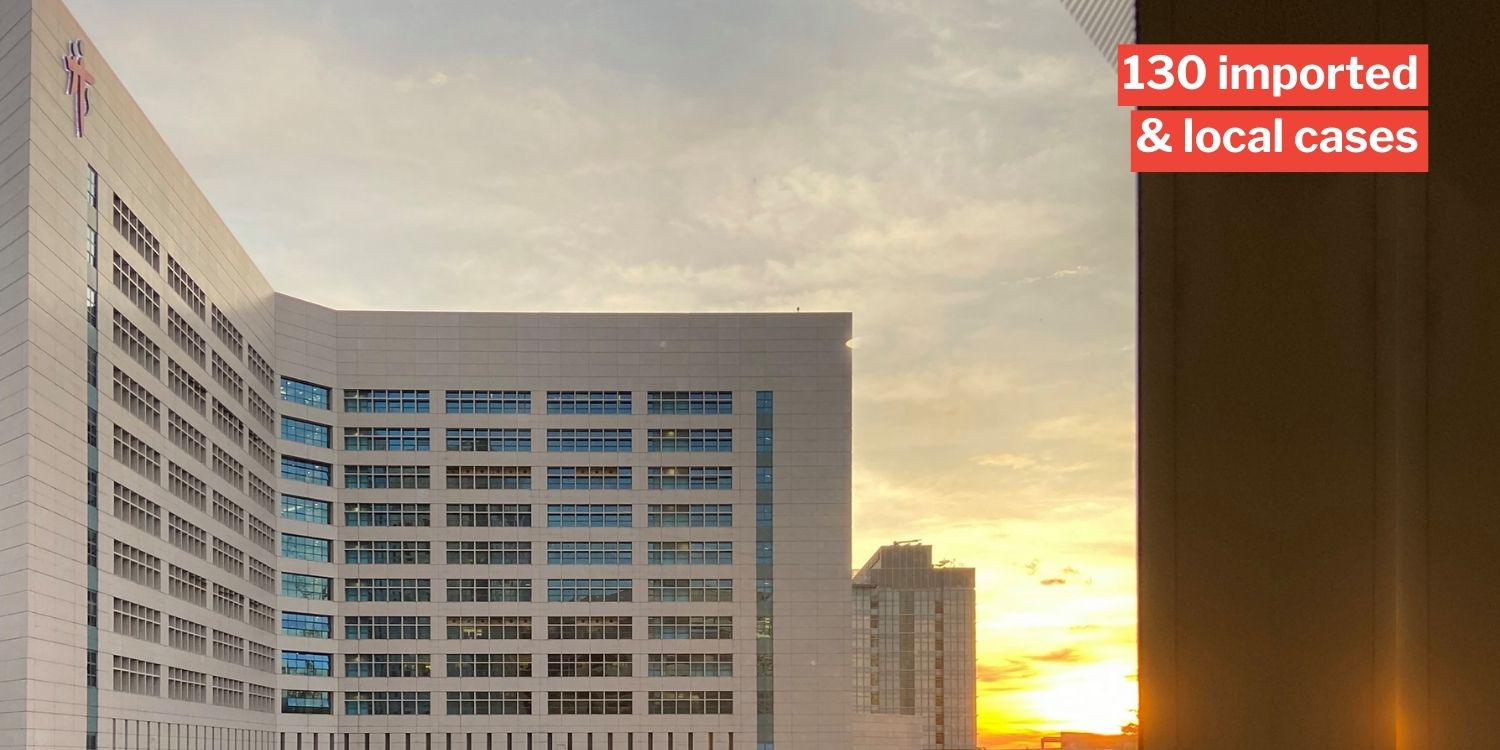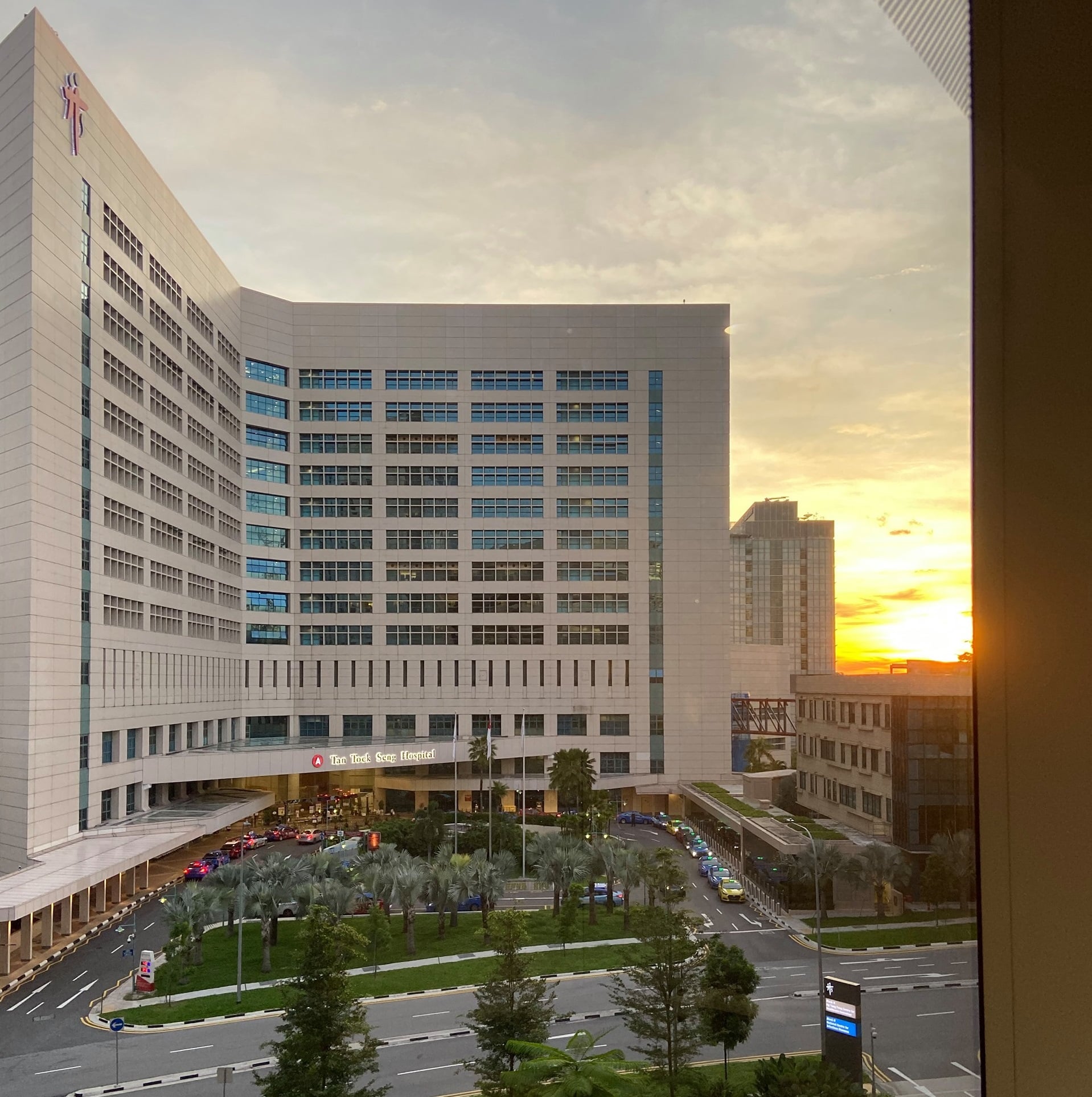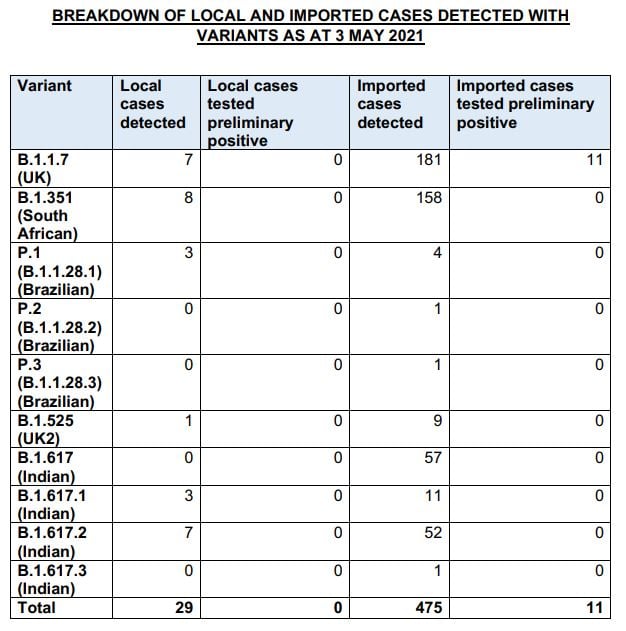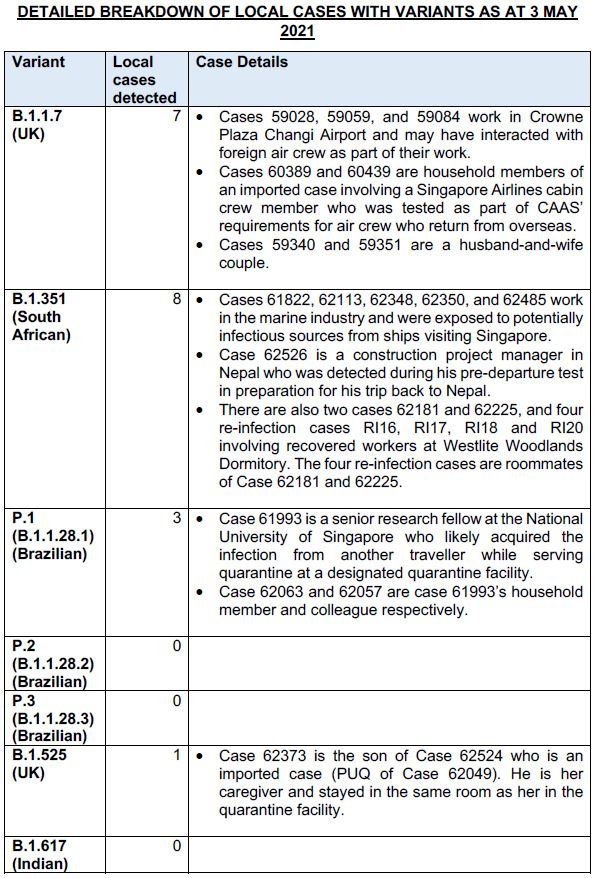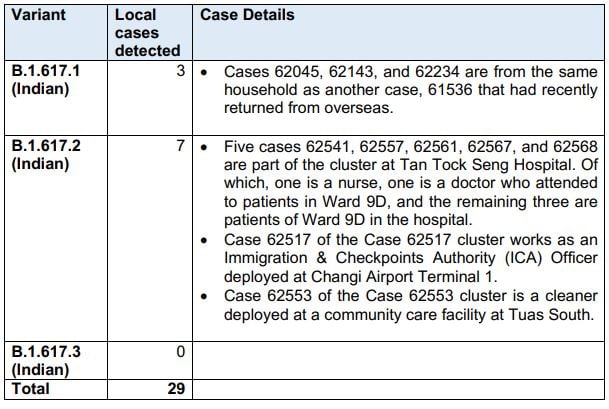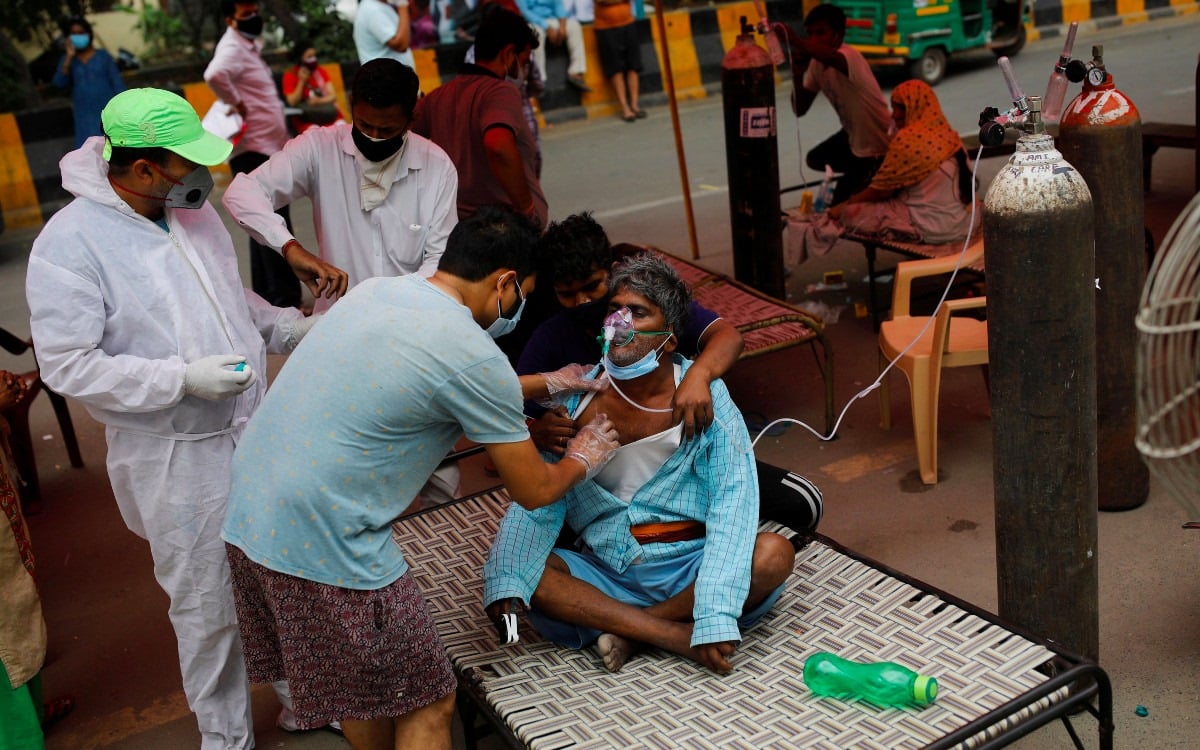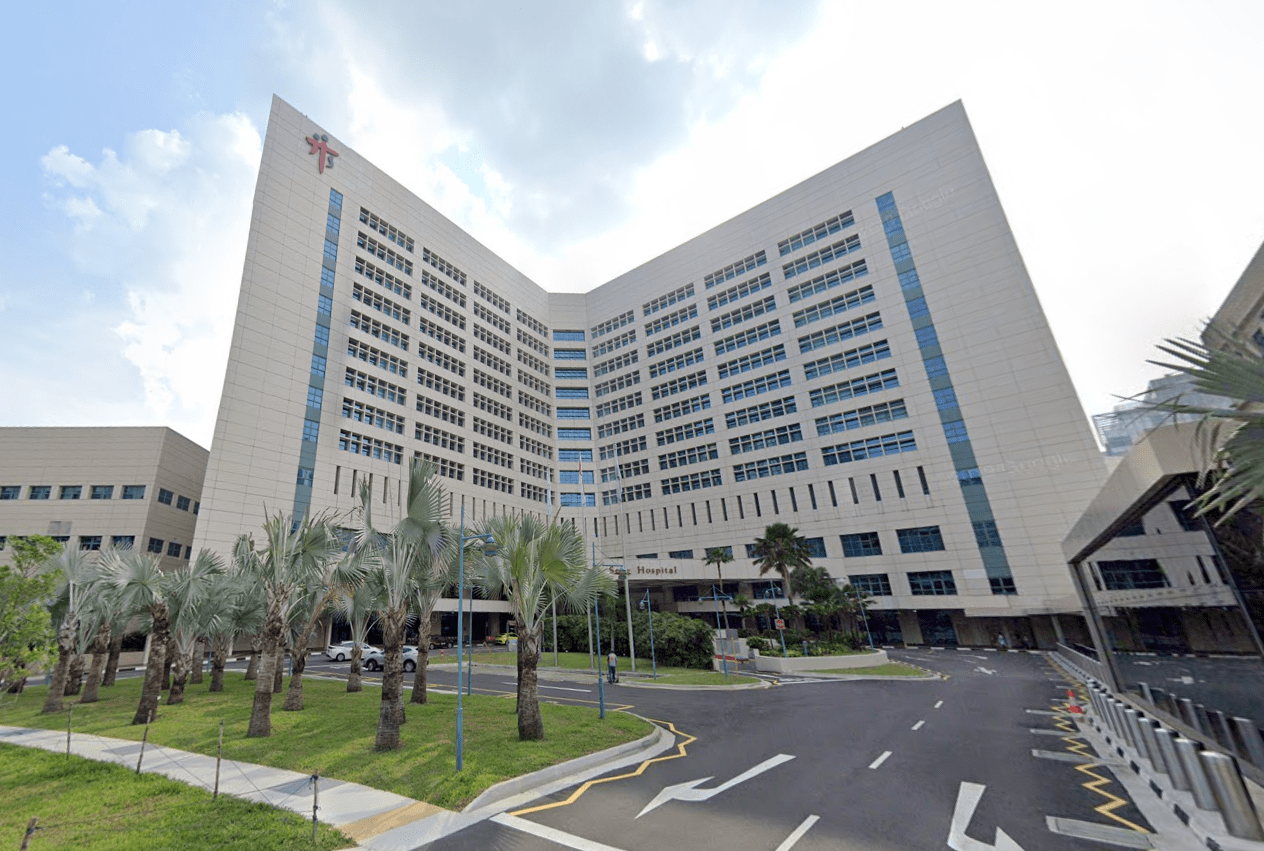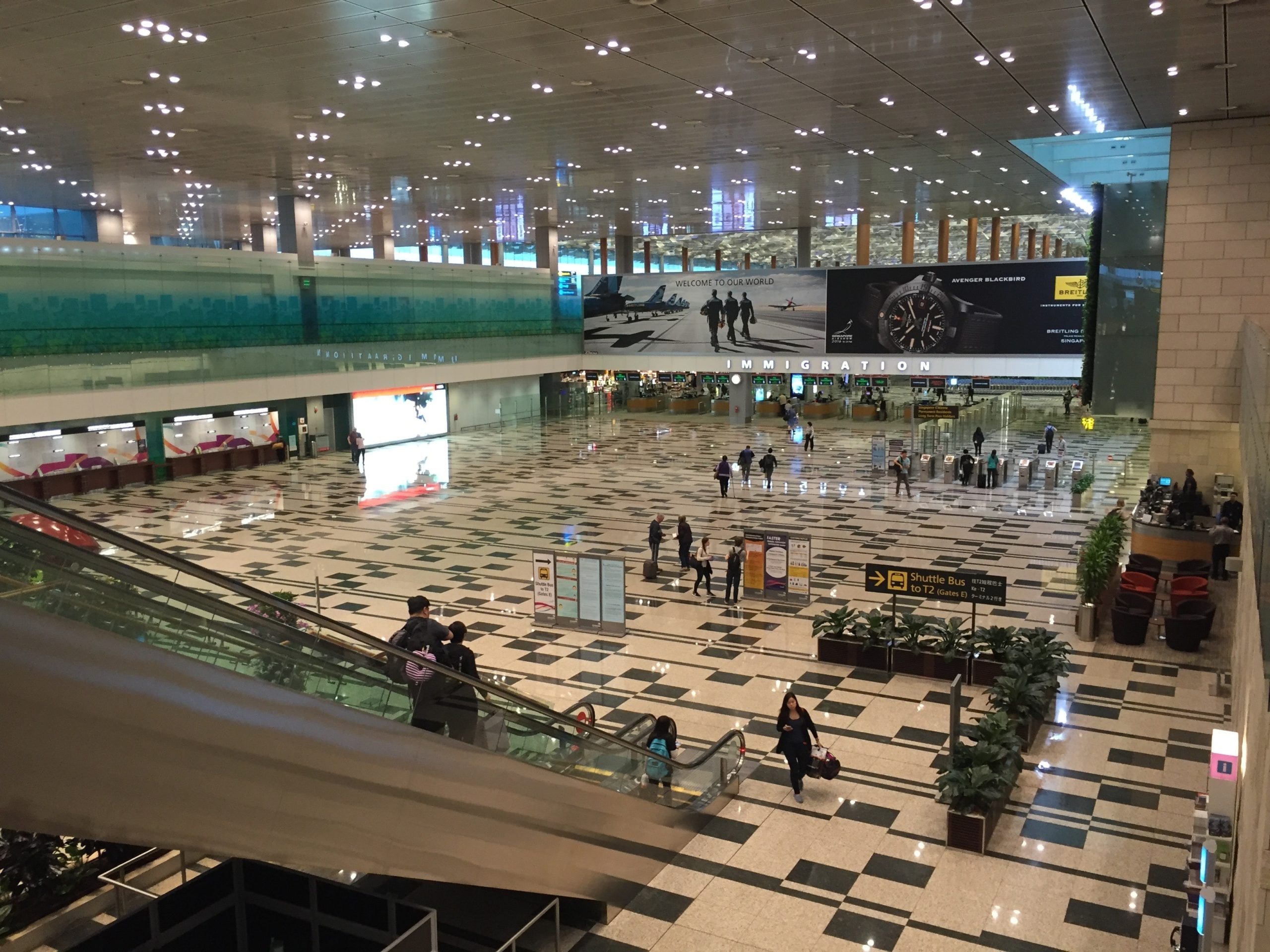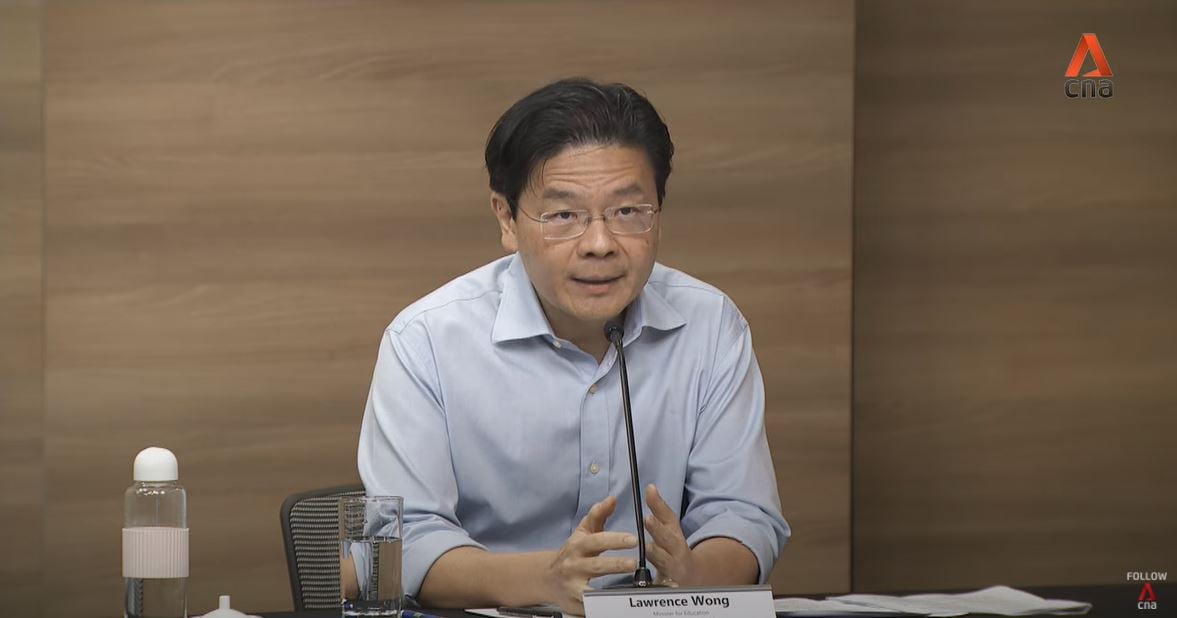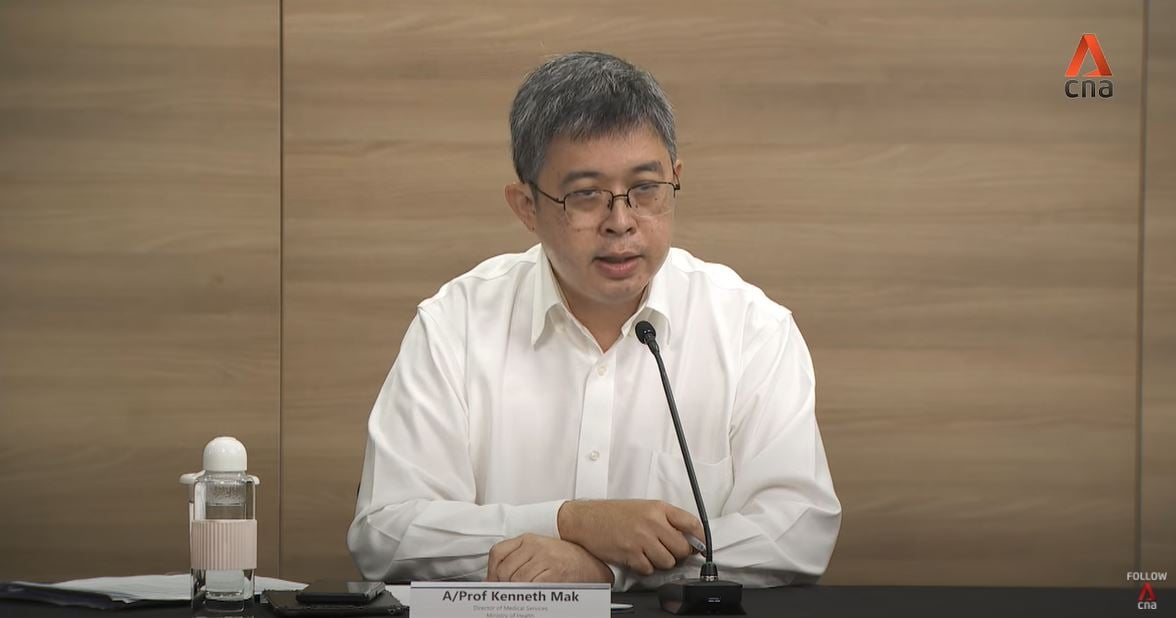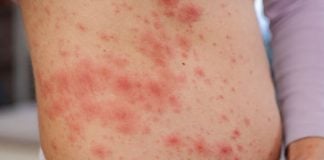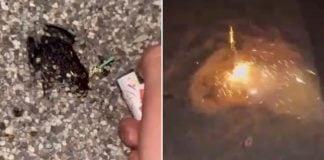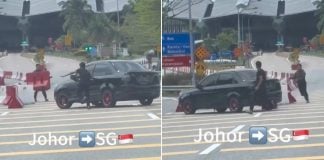Covid-19 Variants Are Possibly More Contagious, So Upcoming Tighter Measures Are Necessary: MOH
The Tan Tock Seng Hospital Cluster (TTSH) cluster started when a 46-year-old Filipina nurse tested positive for Covid-19.
In less than a week, there are now 40 cases in total, and it does seem to have grown faster than previous community clusters reported.
The Ministry of Health (MOH) has since revealed that for the TTSH cluster, 5 of its cases have a variant from India – including the nurse who was the 1st case.
10 variants from India have been found in the community so far, together with 121 imported cases.
As MOH said variants of Covid-19 may be more contagious, this makes the upcoming tighter measures necessary.
MOH gives breakdown of variants in S’pore
In a media release on Tuesday (4 May), MOH gave a breakdown of the Covid-19 variants found in Singapore.
They are:
- 2 variants from the United Kingdom (UK) – B117 & B1525
- 1 variant from South Africa – B1351
- 3 variants from Brazil – B11281, B11282 & B11283
- 4 variants from India – B1617, B16171, B16172 & B16173
Of these, the variants from the UK (B117) and South Africa are the most prevalent. Here’s the full breakdown:
MOH also gave brief details of the community cases infected with each variant.
2 variants from India contributed to recent spike
Notably, the ministry revealed that 2 variants from India in particular contributed to the recent spike in community cases – B16171 & B16172.
Both of them are closely related to the B1617 variant – dubbed by the World Health Organisation as a “variant of interest” and thought to be responsible for the ongoing deadly surge in India.
7 community cases are of the B16172 variant – first detected in India in October 2020, and dubbed the “double mutant”.
One of them is the nurse who was the 1st case in the TTSH cluster.
B16172 responsible for 5 TTSH cluster cases
B16172 was been found in 5 TTSH cluster cases:
- 62541 – a 46-year-old female Philippine national and TTSH nurse deployed at Ward 9D.
- 62557 – a 30-year-old male Singapore permanent resident (PR) and TTSH doctor who attended to patients at Ward 9D.
- 62561 – a 57-year-old male Singaporean patient at TTSH Ward 9D.
- 62567 – a 71-year-old female Singaporean patient at TTSH Ward 9D.
- 62568 – a 79-year-old male Singaporean patient at TTSH Ward 9D.
The variant has also been found in a 38-year-old male Singaporean – an Immigration & Checkpoints Authority (ICA) Officer at Changi Airport Terminal 1.
He sparked a cluster involving 11 cases, including 9 of his family members and 1 colleague.
Lastly, the variant was also found in a 39-year-old female Vietnam national, a cleaner at a community care facility at Tuas South.
She also sparked a cluster, with 4 cases including 1 colleague and 2 household contacts.
B16171 variant from India
The other variant from India found in the Singapore community is B16171.
It was found in an 41-year-old female PR who’s an accountant at global trading firm OM Universal.
B16171 was then also found in her husband and 11-year-old son.
Also part of this cluster of 4 is her brother-in-law, a work-pass holder who arrived from India on 2 Apr and tested positive that day. However, he doesn’t have the B16171 variant.
121 imported cases with variants from India
Besides the 10 community cases, they’re also 121 imported cases that have variants from India.
They comprise:
- 57 cases of B1617
- 11 cases of B16171
- 52 cases of B16172
- 1 case of B16173
New variants have higher attack rates: Lawrence Wong
Since so many TTSH cluster cases have a variant from India, it’s no wonder that the cluster has expanded rapidly.
In a Covid-19 task force press conference on Tuesday (4 May), Education Minister Lawrence Wong said the new variants “have higher attack rates”, adding,
They are more infectious, and they are causing larger clusters than before.
He also added that Singapore has to assume that there’re still hidden cases in the community.
MOH director of medical services Kenneth Mak also said during the press conference that Singapore is studying travellers coming here who have seemingly recovered from Covid-19.
We’ve not discounted the possibility that some of these recovered travellers might in fact have reinfections and therefore, bring that in and pose a threat to us.
Vaccine did well against B16172 variant: Kenneth Mak
Dr Mak, however, said that the vaccine appeared to have done “relatively well” against the B16172 variant in the TTSH cluster.
If the authorities hadn’t vaccinated healthcare workers and older Singaporeans first, the TTSH cluster “would have been significantly larger”, he added.
There would’ve also been a greater chance that the cluster would go out of control.
Thus, he again stressed that vaccinations are important.
Watch the full press conference here:
More precautions taken for TTSH cluster infections
Singaporeans might have been surprised that 21 locations visited by Covid-19 cases were shut down over the weekend.
MOH even made a point to highlight the places visited by TTSH cluster patients, and deep cleaned 26 locations including innisfree at Waterway Point.
 innisfree at Waterway Point was visited on 5 days by a staff who’s from the TTSH cluster.
innisfree at Waterway Point was visited on 5 days by a staff who’s from the TTSH cluster.
Source
After all, that didn’t happen previously when places were visited by infectious cases.
Now we know that the TTSH cluster has 5 variants from India, which is more contagious, these extra precautions all make sense now.
Tighter measures to curb spread of variants
In fact, MOH has that due to these variants possibly being more contagious, tighter measures are necessary to curb the spread.
And that’s why the Government announced a return of sorts to Phase 2 from 8-30 May.
They’re also bringing forward the use of compulsory TraceTogether-only check-ins to venues, to 17 May instead of 1 Jun.
Keep our chins up
From the faster way the TTSH and ICA clusters grew, the variants from India do seem more contagious.
As such, though the tighter measures may be demoralising for those who were enjoying the greater freedom of the last 4 months, they’re absolutely necessary.
Just like during the ‘Circuit Breaker’ and the previous Phase 1 & 2, if we keep our chins up and follow the rules, we’ll get through this new challenge eventually.
Have news you must share? Get in touch with us via email at hello@mustsharenews.com.
Featured image adapted from Facebook.
